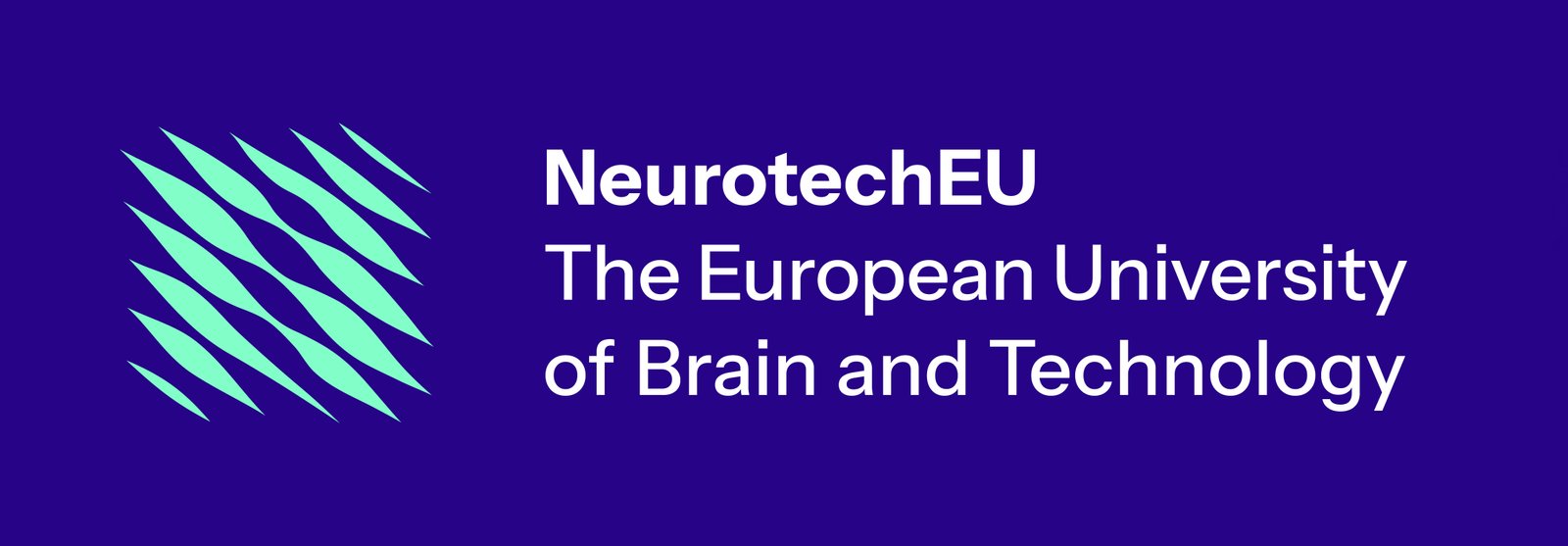Royal honours for Richard van Wezel
Van Wezel's leadership at NeurotechEU has been instrumental in advancing neurotechnology research and education across Europe. As the coordinator of this European University alliance, he has worked to bridge fundamental neuroscience and applied neurotechnology, fostering cross-border collaborations and innovative educational models.

“This honour came as a surprise,” Van Wezel shared. “I often associate these kinds of awards with the end of someone’s career – but I don’t feel that way at all! It was a wonderful day, especially having my family and colleagues there to celebrate.”
Visual neuroscience
In addition to his role at NeurotechEU, Van Wezel is professor of Visual Neuroscience at Radboud University and affiliated with the Donders Institute. His research focuses on the neural mechanisms of visual perception and motion processing. In recent years, he has increasingly worked on translational applications of his research, particularly in the fields of visual impairment and Parkinson’s disease.
He applies technologies such as Google Glass to help Parkinson’s patients overcome ‘freezing’ episodes with visual cues, and works on restoring vision through cortical implants – so-called ‘neurochips’ – in collaboration with teams in Amsterdam and Barcelona. This cutting-edge work is embedded in NeurotechNL, a national initiative he co-founded and now serves as vice-chair.
Van Wezel's impact extends beyond the laboratory. He has held multiple leadership roles at Radboud University and the Donders Institute, including scientific director of the Donders Centre for Neuroscience and vice-dean of research. He also contributes to strategic research programmes, such as the OnePlanet Research Center, where he is part-time director.
“NeurotechEU was mentioned during the ceremony,” he noted. “This is a distinction focused on science and the arts, and the mayor’s speech highlighted the contribution of our European neurotechnology alliance. It was great to see that aspect of my work being recognised as well.”
Under his leadership, NeurotechEU is building an European alliance of universities which connects students, researchers and innovators across Europe in the field of brain and technology.

